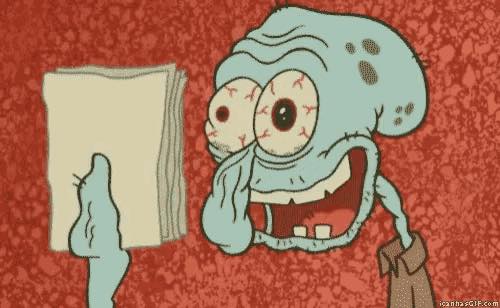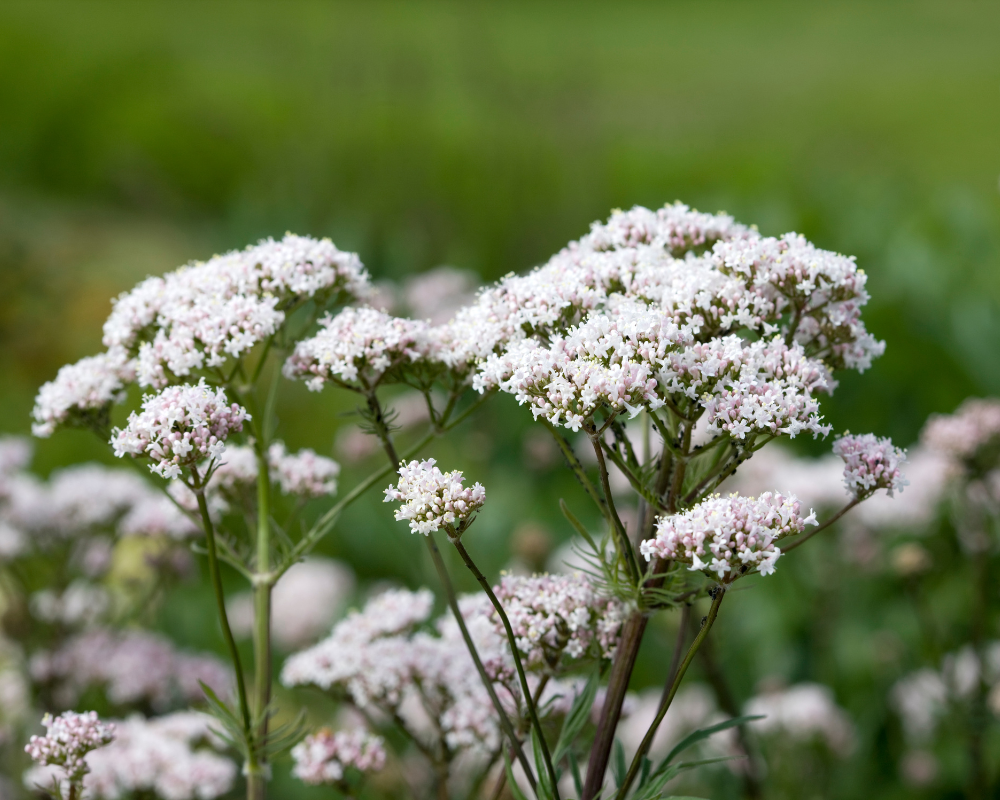
We live in a world that moves at a breakneck pace, with mind-boggling information and mind-numbing entertainment only milliseconds away at any given moment. (And now, the planet is actually, literally spinning faster to boot. Isn’t that fun?)
How do we slow down? How do we turn it off?
Well, most of us can’t.
In our quest to keep up with the chaos of the days, we’ve reprogrammed ourselves for speed — trading rest and relaxation for late-night doom-scrolling or near-constant productivity.

As a result, all areas of our lives are suffering.
Sleep is a crucial component of immediate and long-term health that can affect everything from mental health to food digestion, muscle repair, skin aging, and stress management.
Yet most Americans are sleeping less now than in previous generations. So we asked supplement strategist and wellness wizard, Dr. Neal, what’s a snoozer to do?
Read on for the holistic sleep support protocol Dr. Neal — and the hundreds of people he’s helped in the last 20+ years — swear by. No hogwash, no sleep-tracking gizmos, no zombifying OTC meds, just good old wellness practices and B.S.-free supplement guidance.
While it might feel like night and day, the realm of sleep isn’t as black-and-white as it may seem.
Despite its undeniable importance, sleep only makes up 1/5th of the 5 lifestyle domains that make a healthy foundation for wellness.

The other four (diet, exercise, stress management, and lifestyle changes) are all impacted by and have an impact on sleep. Why? Because the human body is a complicated web of checks and balances, where nothing happens inside a vacuum.
So our distinctly American obsession with “the perfect night’s sleep” is, frankly, a little weird.
Holistic — or whole-body, whole-being, whole-picture — health is built through varied yet consistent wellness practices in all 5 of these foundational areas, not just sleep.
Because, regardless of what the clever marketing schemes might suggest, you can’t out-sleep a nutritionally bankrupt diet or sedentary lifestyle.
And, on the other side of the bed, a bad night’s sleep only really matters if it affects you.
Read that, and read it again. A bad night’s sleep only matters if it affects you, and no, one bad night doesn’t mean you need to make 6 payments of $49.99 for the latest trending sleep gadget.
“You get a bad night’s sleep but your day isn’t horrible. It’s not perfect, but it’s not horrible. You take the L, and try again tomorrow.”
Dr. Neal Smoller
Life — and the light pollution, constant noise, endless stress, and health issues that come along with it — can be rough on our sleep. Plus, we now know how devastating the effects of sleep deprivation can be.
Put those two simple facts together, and you’ve got the perfect breeding ground for sky-high sleep sales. This is why the wellness industry pushes quick-fix tech and supplements that are often more hinder than help.
So, let’s be real. Here’s what you DON’T need for a better night’s sleep:
Now that we’ve chucked out the over-marketed, overhyped crap, we’re free to do the real work of improving sleep hygiene.
(Because yes, sleep hygiene is still important, but it’s not going to be something you achieve with just a pill or potion.)
There are a lot of factors working against you when it comes to getting better, deeper sleep. In fact, the list of reasons why your sleep sucks is as long as the insomniac hours of the night:
But for all the myriad of ways sleep can suffer, the two core problems modern sleepers are faced with are: falling asleep and staying asleep.
(Or both, if you’re one of the super lucky ones.)
When it comes to falling asleep, we have the holy trinity of holistic sleep support to rely on — AKA, the 3 C’s.
Turning your mind off at the end of the day is no small feat, but it is absolutely critical if you want to fall asleep. Not all relaxation or stress management techniques will work for you, but your first step is to find the ones that do.
Next step, stop putting stimulating things (caffeine, sugary foods, etc.) in your body around bedtime. Without a solid evening routine that signals to your body, “It’s time to sleep,” you’ll hit the pillow feeling wide awake.
Incorporate movement to work off excess energy as a body-calming bonus step.
Because all the work you do on your body and mind will be negated if there’s a 65-inch plasma TV blaring two feet from your bed. Address environmental factors that can keep you stimulated and prevent wind-down time, like TVs and cell phones, excessive light and noise, or uncomfortable sleepwear and mattresses.
While most of us will struggle with falling asleep at some point or another, staying asleep is a whole different ballgame. Oftentimes, having a hard time staying asleep points to an underlying issue of some kind.
The most common issues Dr. Neal sees in his practice are:
(*Restless legs syndrome will likely require strategic, personalized strategies.)
Because, if you’ve been hanging around the Woodstock corner of the wellness world, you already know what we’re going to say.
Wellness practices first, supplements second. Always.

Whether you struggle to fall asleep and stay asleep, or just want to improve the quality of your sleep, Dr. Neal’s top 5 wellness practices can help you improve sleep hygiene before supplementation:
Yet, even with all the wellness practices under the sun, sometimes, we still need extra support for hitting the hay. We’re human!

When it comes to supplements for sleep, there are three key options that stand out from the crowd of drowsy-making gummies and overpriced herbal blends:
This soothing THC-free cannabis derivative is worth the hype it gets. CBD, or cannabidiol, is renowned for its calming effects and sleep-support properties.
Benefits:
While CBD is legal in (almost) all states, we are not allowed to sell this online. So, call us: (845) 521-7455.
This mineral marvel plays a vital role in promoting relaxation and supporting healthy sleep — without it, your muscles literally cannot relax.
Benefits:

Only chelated versions (glycinate, taurate, malate, etc.) of magnesium will produce a calming effect. Avoid salt forms like magnesium oxide, chloride, citrate, or sulfate.
Learn More: Understanding The Different Types of Magnesium Supplements
This sweet-tasting herbal lullaby was all the rage before CBD took the stage. Valerian has been used for medical purposes since (at least) early Greek and Roman times.

Plus, valerian is super cost-effective! Try valerian capsules for a wallet-friendly version of CBD.
Learn More: 3 Great Sleep Supplements — And 2 to Avoid
TL;DR: Follow Dr. Neal‘s expert guidance to sleep better, dream bigger, and live healthier.
But… When it comes to holistic sleep support tips, tricks, and wellness practices, all that is still easier said than done. So give us a ring if the late-night zoomies have got you feeling like a zombie.
You can chat with one of our experts for free via Counterside Consult at any time. (As long as it’s before bedtime.)

First 5
Shop
Peek behind the curtain of supplement industry misinformation and enjoy special promotions, podcast episodes, and our No-BS approach to holistic care, sent weekly.

We built the model for finding supplements that work for your wellness, your wallet, and the world. Learn More
Customer Service
Shop
Peek behind the curtain of supplement industry misinformation and enjoy special promotions, podcast episodes, and our No-BS approach to holistic care, sent weekly.

We built the model for finding supplements that work for your wellness, your wallet, and the world. Learn More
These statements have not been evaluated by the Food and Drug Administration. This product is not intended to diagnose, treat, cure or prevent any disease.
Use only as directed. Consult your healthcare provider before using supplements or providing supplements to children under the age of 18. The information provided hereinis intended for your general knowledge only and is not intended to be, nor is it, medical advice or a substitute for medical advice. If you have or suspect you have a specific medical condition or disease, please consult your healthcare provider.